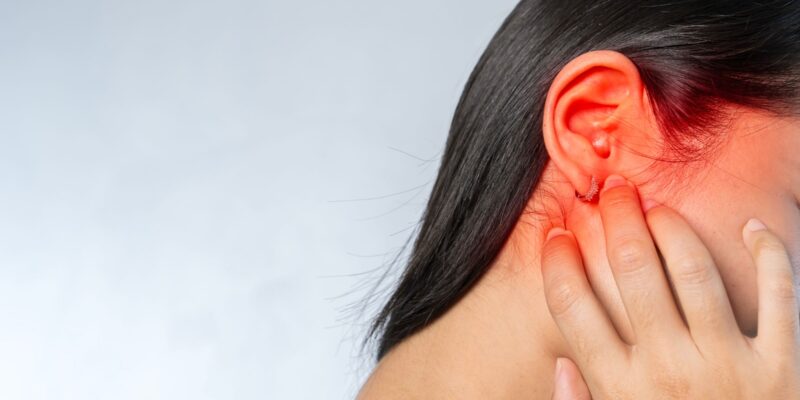Is your child struggling in school despite additional support or interventions? Academic challenges can sometimes…

The Latest Research on Epilepsy and Seizures, Including New Treatments and Therapies That are Being Developed
Several new research has come out about epilepsy and seizure treatments. Below is a summary of the specific articles and their related research.
Reducing Seizures Through Diet And Drugs
Seizures may be reduced for people who follow a modified Atkins diet that is high in fat but low in carbohydrates in addition to taking medication. This may work well in people who have epilepsy that has proven difficult to treat, according to a study published in Neurology.
This study shows that there are ways to make lifestyle changes to reduce seizures. Even if those afflicted have not been able to find effective treatment before. It’s also encouraging that combining lifestyle changes with drug therapy makes the reduction more effective. The study found that the combination of the high-fat, low-carb diet and the standard medication reduced the chances of seizures by half.
The study involved 160 adults and adolescents who had epilepsy for over 10 years on average and had at least 27 recorded seizures per month.
Pediatric Epilepsy Links Between Parents, Emotions, and Behaviors
Young adults with epilepsy, usually called adolescents with epilepsy (AWE) often experience more than just epileptic issues. Their epilepsy compounds and causes emotional and behavioral issues. These issues can vary depending on factors, such as clinical issues, demographics, and parental issues.
Parental issues include the factors of how the parents perceive others treat their epileptic child. The study included 289 adolescents. The experimental population included 180 boys and 109 girls aged between 11 and 18 years with an average age of 15.4 and a standard deviation of 1.9 years. So most of the adolescents were between 14.5 and 17.3 years old.
The study concluded that 18.3% of AWE had at least a single emotional or behavioral issue. The most common issue was social problems, with attention problems coming in second. Some also experienced aggressive behaviors.
Interestingly, most of the afflicted adolescents externalized their problems twice as much as those who internalized their problems.
We will have to see what this research means for the future of pediatric epilepsy.
If you want to learn more about epilepsy, how to treat it, and pediatric epilepsy, then please feel free to reach out to us at 732-561-5120.



